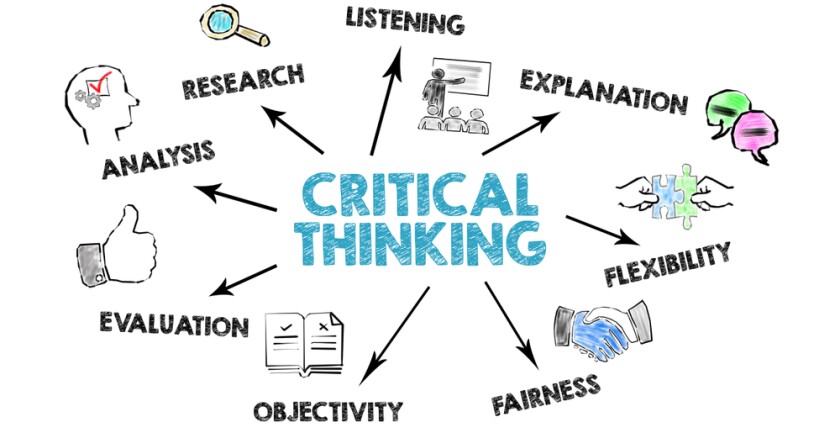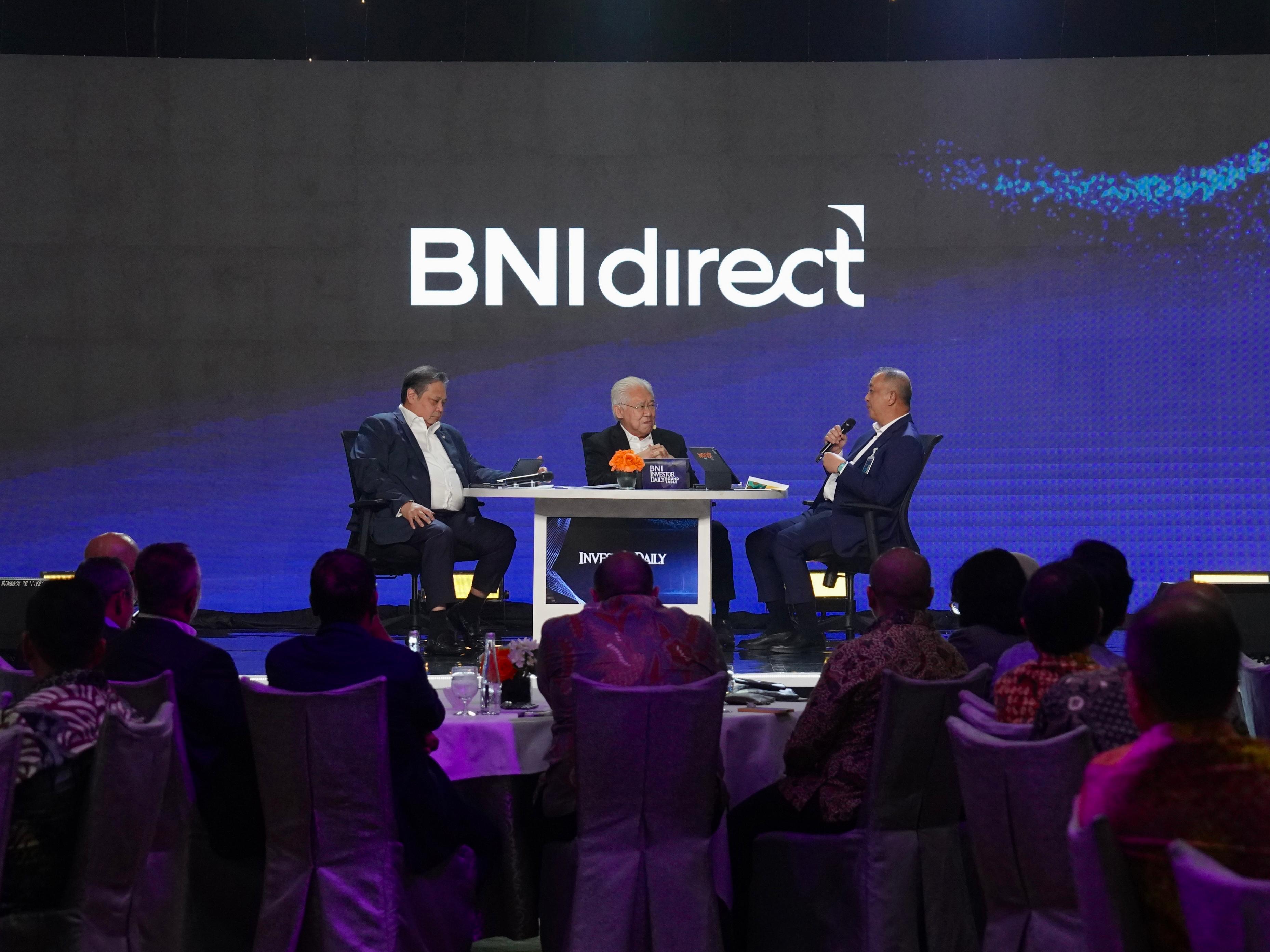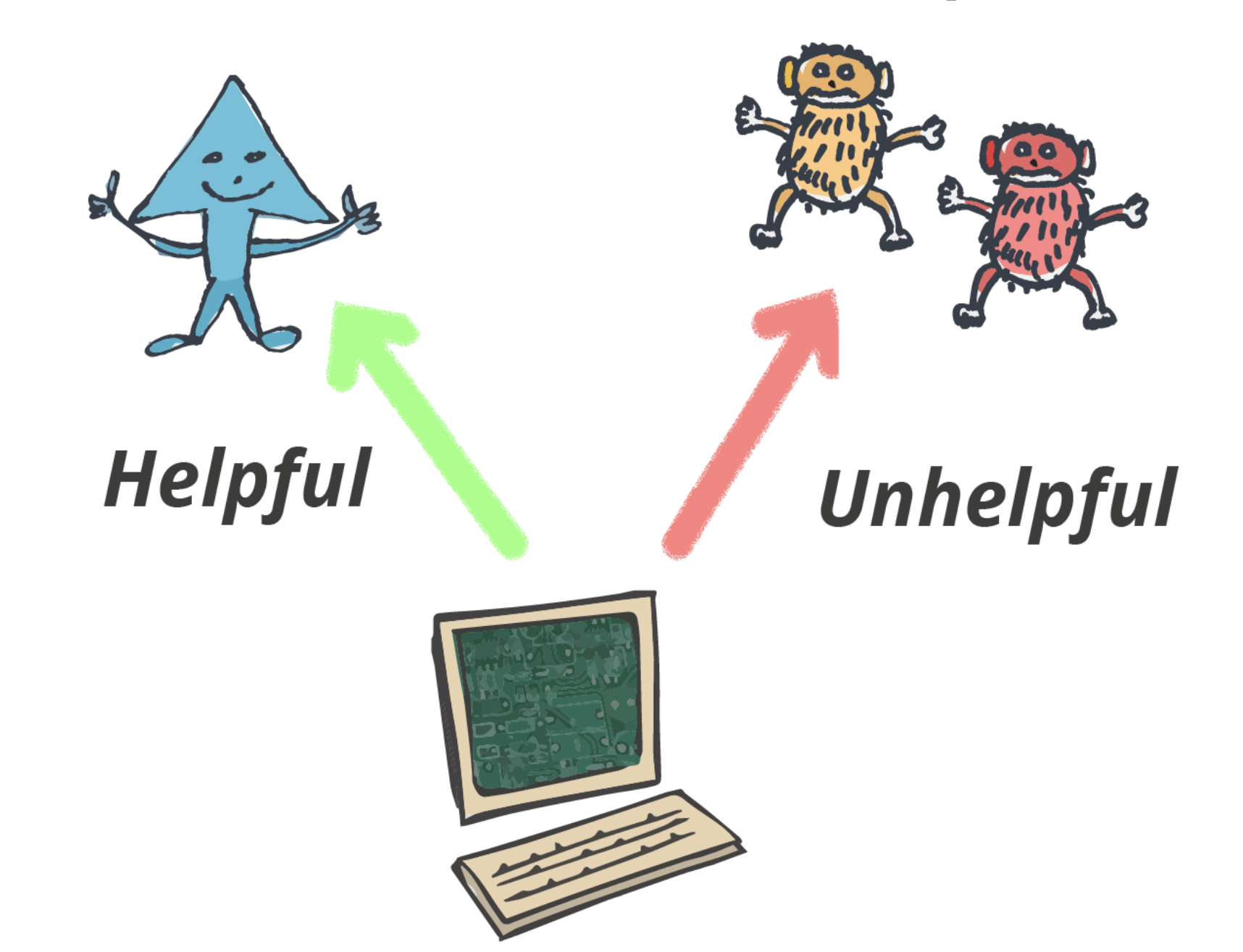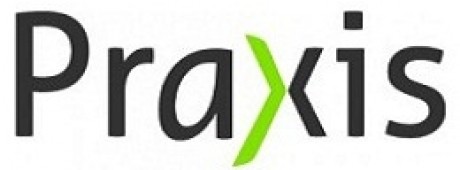Critical thinking is a vital skill for Public Relations (PR) consultants, as it allows them to analyze and evaluate information in order to make sound decisions and communicate effectively with their clients and the public. However, critical thinking has not always been given the attention it deserves by today's PR consultants, including those in Indonesia. This may be due to a number of factors, such as a lack of emphasis on critical thinking skills in PR education or training programs, or a focus on more immediate, short-term goals and tactics rather than long-term strategic thinking.
In today's fast-paced and highly connected world, PR consultants are constantly bombarded with information from a variety of sources. Being able to critically evaluate this information is crucial for separating fact from fiction and identifying potential biases or inaccuracies. As PR expert and author Paul Holmes notes in his book "The PR Masterclass," "in a world where information is abundant and attention is scarce, the ability to filter and prioritize is more important than ever."
Furthermore, in some organizations, PR consultants may not be given the autonomy to think critically and make strategic decisions. They may be expected to execute tactics that are handed down from higher-ups without questioning the reasoning behind them.
The lack of critical thinking skills among PR consultants can have serious consequences for both the consultants and their clients. Without the ability to analyze and evaluate information, consultants may make poor decisions that can damage their clients' reputation and bottom line. Additionally, without critical thinking, consultants may not be able to effectively communicate with their clients and the public, leading to misunderstandings and mistrust.
Critical thinking also plays a key role in the development of effective PR campaigns. By using critical thinking skills, PR consultants can identify key messages and target audiences, and develop strategies to reach those audiences effectively. In "The PR Practitioner's Playbook," author Larry Litwin writes, "critical thinking enables PR professionals to analyze situations, identify issues, and develop strategies and tactics that will achieve the desired results."
Furthermore, critical thinking is essential for managing and responding to crisis situations. In a crisis, PR consultants need to be able to think quickly and make decisions under pressure. As author and PR expert Deirdre Breakenridge notes in her book "PR 2.0: New Media, New Tools, New Audiences," "critical thinking is a key component of crisis management, as it helps practitioners to evaluate a situation, determine the best course of action, and communicate effectively with all stakeholders.”
One example of a situation where critical thinking was critical to the success of a PR campaign was the crisis communication strategy implemented by Johnson & Johnson during the Tylenol crisis in 1982.
In 1982, Tylenol, a product owned by Johnson & Johnson, was the leading brand of over-the-counter pain relievers in the United States. However, in September of that year, seven people in the Chicago area died after taking Tylenol capsules that had been laced with cyanide. It was later discovered that the capsules had been tampered with after leaving the factory.
Johnson & Johnson immediately activated its crisis communication plan. The company's management team, led by CEO James Burke, used critical thinking to evaluate the situation and determine the best course of action. They made the difficult decision to recall all Tylenol products from the market, at a cost of over $100 million. They also worked closely with the FDA and local authorities to investigate the tampering and take steps to prevent it from happening again.
The company also took the initiative to communicate transparently and honestly with the public, providing frequent updates on the situation and the steps they were taking to address it. They also offered a refund or exchange for any Tylenol products that consumers had purchased.
As a result of their swift and decisive actions, Johnson & Johnson was able to mitigate the damage to the Tylenol brand and restore consumer trust. The company's reputation for integrity and concern for consumer safety was greatly enhanced. The crisis communication strategy implemented by Johnson & Johnson during the Tylenol crisis is widely regarded as a textbook example of effective crisis management and is studied in business and PR schools as an example of how to handle a crisis in a responsible and ethical way.
Ultimately, critical thinking is an essential skill for PR consultants to navigate the abundance of information available today. PR consultants must prioritize honing their critical thinking skills in order to filter, sort, and effectively communicate key messages, anticipate potential issues, and make sound decisions, which can be achieved through ongoing education and training, as well as by encouraging a culture of critical thinking within organizations.
It is also absolutely mandatory that PR consultants should be empowered to question assumptions, challenge the status quo, and think strategically in order to make sound decisions and communicate effectively, which are some of the things that we have been advocating at Praxis for more than a decade, and will continue to do.
In my next few articles, I will be dedicating my time to explore ideas and practices that can help enhance critical thinking skills. It is my hope that by highlighting the importance of critical thinking and providing practical ways to improve, we can collectively elevate the level of critical thinking within the Indonesian PR industry. So, stay tuned.












